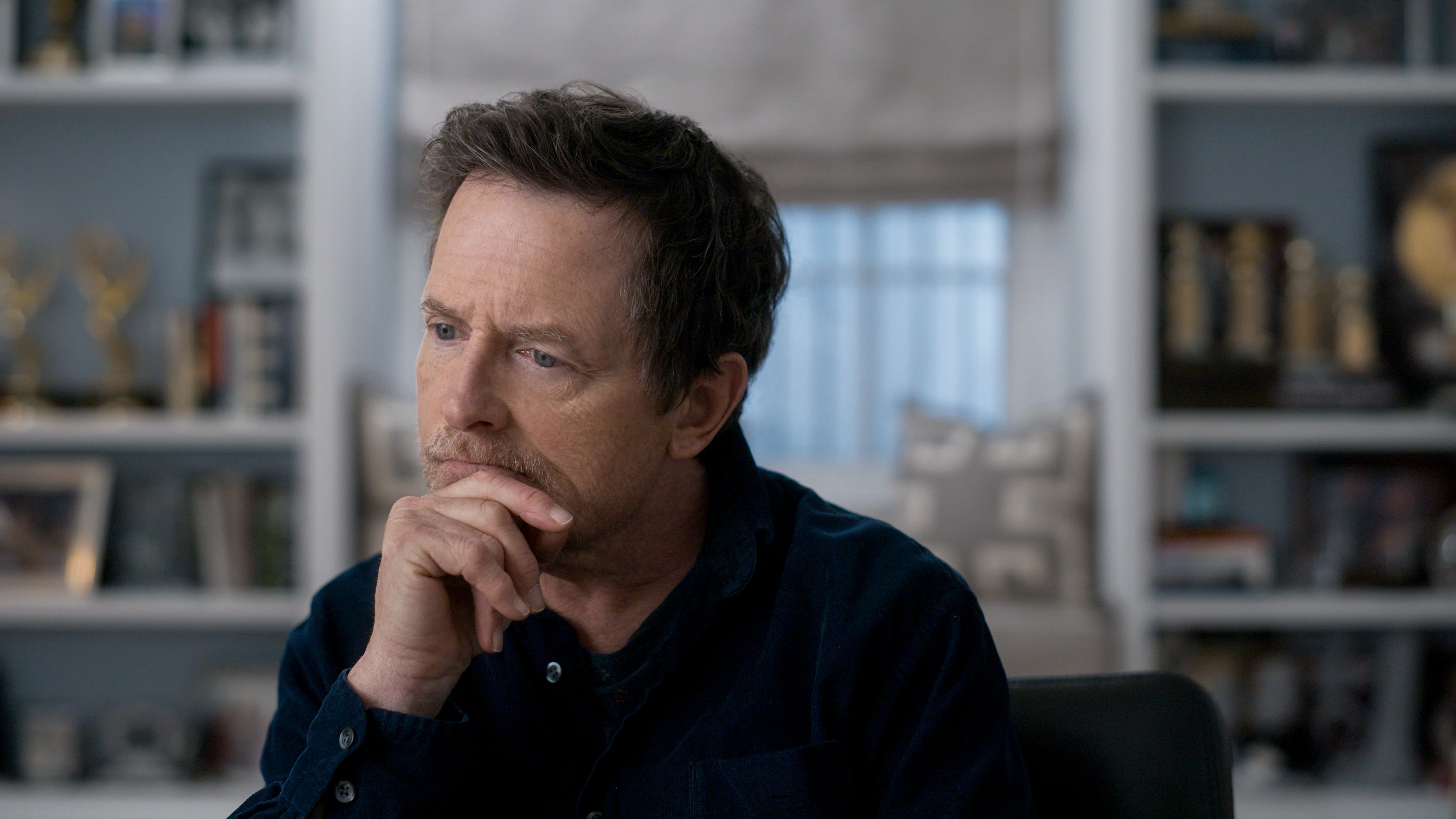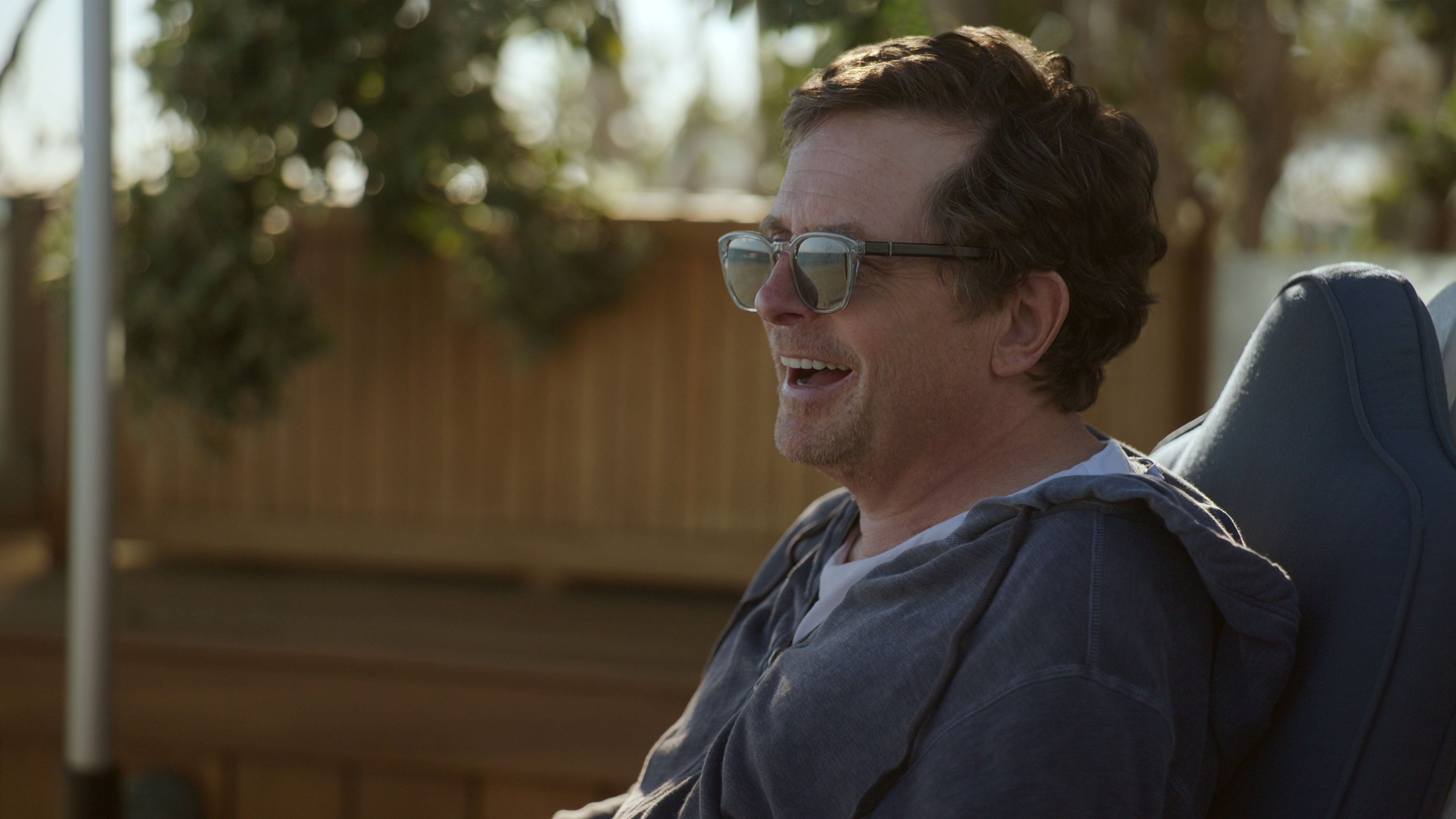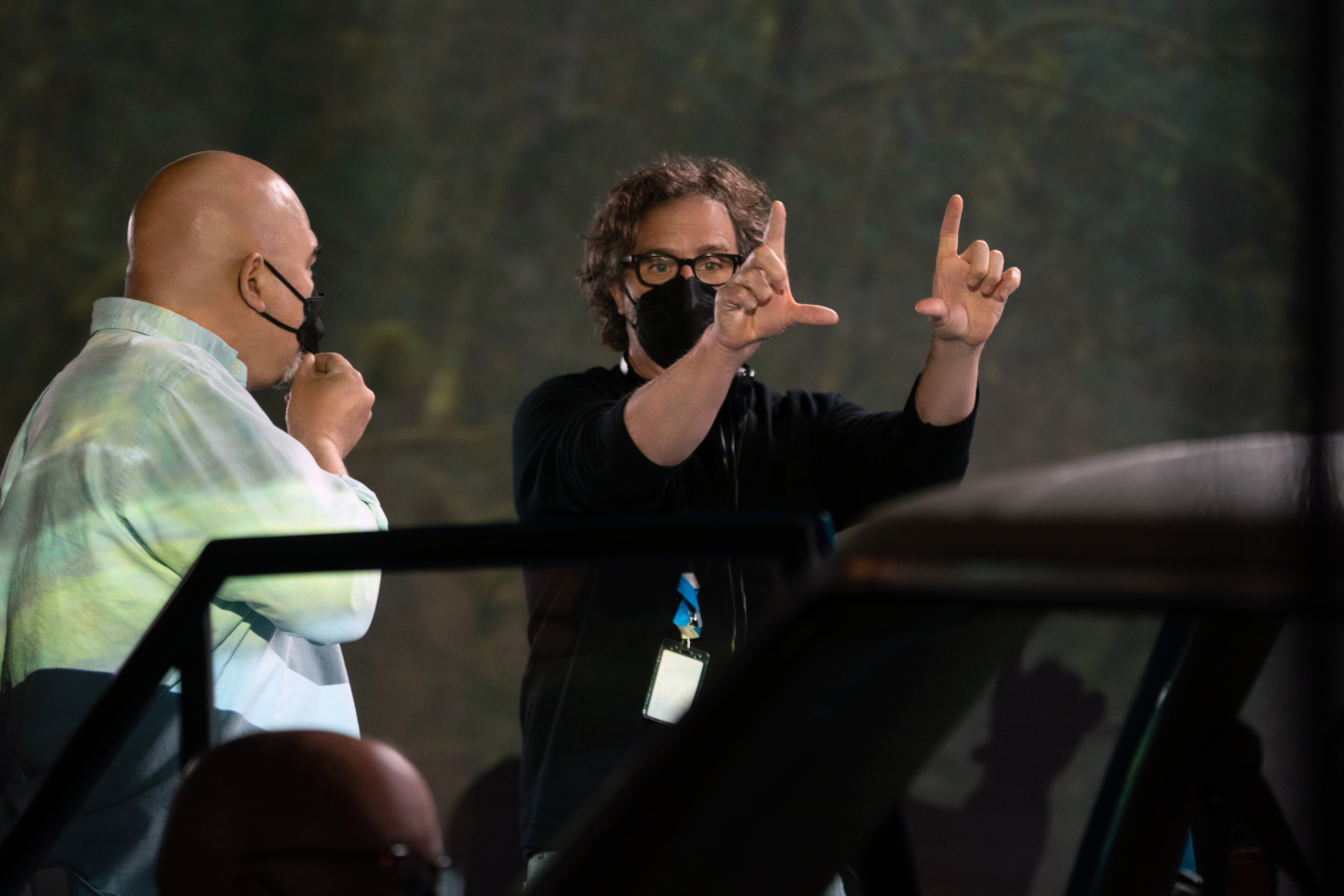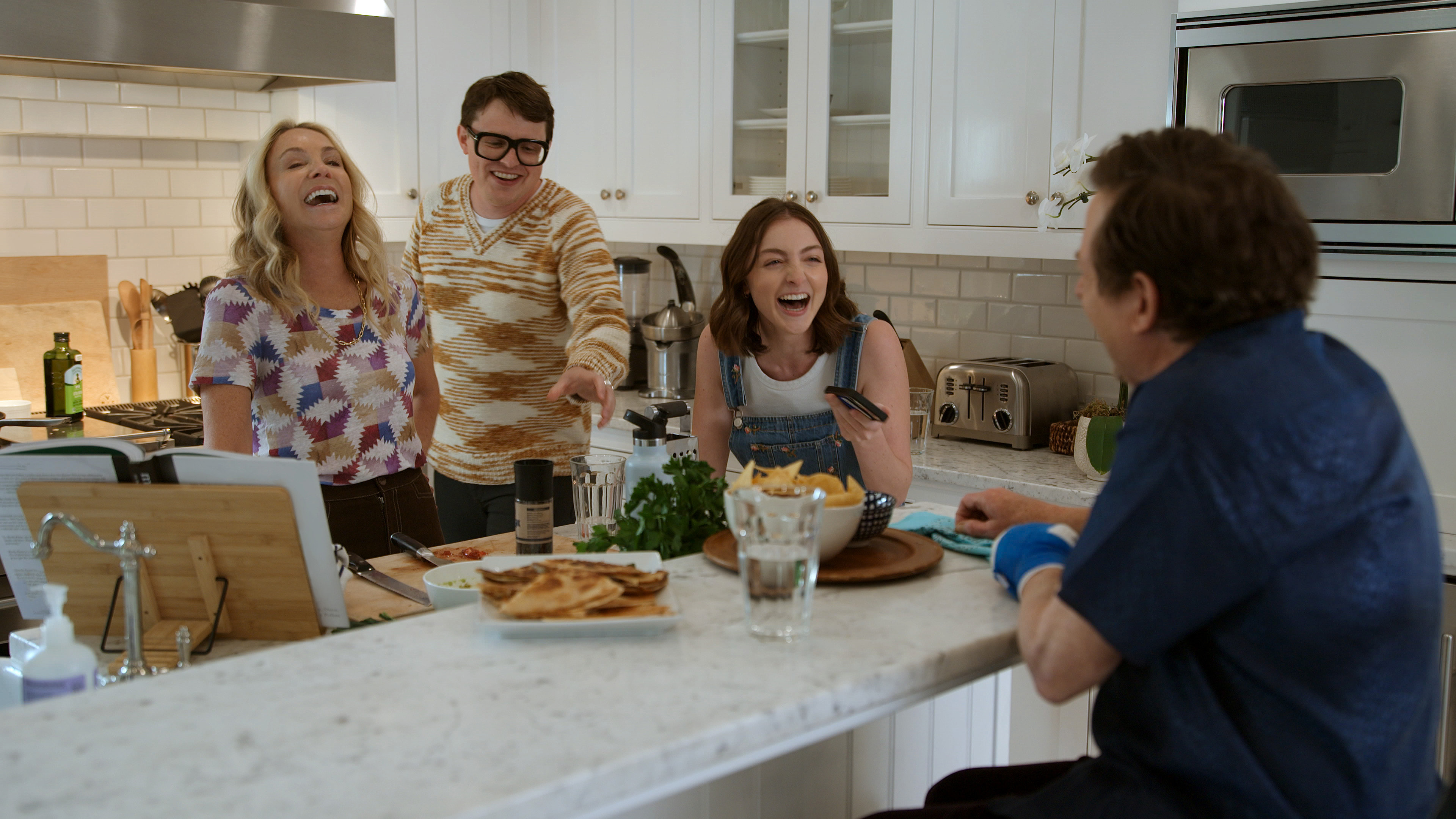
STILL: A Michael J Fox Movie is a new documentary where the star of Back To The Future, Teen Wolf, Doc Hollywood and other much-loved movies reflects on his life and career to date.
Directed by Davis Guggenheim, the film uses a mixture of documentary, archive and scripted elements to tell the story of Michael's life in his own words — or, occasionally, in the words of the characters that he has played, where scenes from his films and TV shows are used to illustrate his story and create the feeling of an 80s movie in documentary form.
Here's everything we know about the film so far...
STILL: A Michael J Fox Movie release date
STILL: A Michael J Fox Movie launches in selected cinemas and streaming globally on Apple TV+ from Friday, May 12, 2023.
STILL: A Michael J Fox Movie — what's it about?
STILL: A Michael J Fox Movie features Michael looking back at how he got started in showbusiness, from his beginnings as a high-school student in Canada with an aptitude for drama, to his first job in TV and his move to Hollywood looking for his big break, which eventually came when he landed the role of Alex P Keaton in NBC sitcom Family Ties.
During his time on Family Ties, the movie business came calling and made him an international household name — and that show is also where he first met his future wife Tracy Pollan, when she played the role of Alex's girlfriend Ellen Reed.
The film also explores the impact of Michael's diagnosis with early-onset Parkinson's in the 1990s, as he discusses what it meant for his career. We also see him in the present day with his loving family, showing the day-to-day reality of living with the condition — and how he remains an eternal optimist.

Is there a trailer for STILL: A Michael J Fox Movie?
There is! You can watch it below:
Michael J Fox interview
Why did you want to tell this story now?
"With all the experiences of the last few years, the avenues I have with which to express my creativity, to get my feelings out, have diminished in a way. I can't do certain things I used to do — but I can tell stories, and the stories I know best are my own. I found that as I told them to people, they related to them and understood them on other levels, and that in turn informed me in ways that I wasn't aware of, so it became this communal storytelling cycle that involved people outside of my world. That was really exciting."
The film looks at your career from your childhood onwards. What was it like stepping into the shoes of your younger self again?
"One of the interesting things about the movie for me is that a lot of it was done, in the sense that I'd written books and told these stories, so I'd had a lot of time to think about how best to tell them. When we started talking about what we were going to do, Davis really attached himself to that early stuff — it didn't start for me when I was 18, it started when I was a little kid and I had no sense of boundaries or modulation, I would just go out and inflict myself on the world. That just continued to happen throughout the rest of my life with different degrees of energy!"

You've spoken publicly about your struggles with Parkinson's, but was there anything about living with the condition that you were hesitant to reveal in the film?
"It wasn't that I was hesitant to reveal it, but when I saw it, it was shocking to me. I understand the idea of my face going blank, a lack of expression, but I don't always know what I look like. People say: 'I saw you stumble into the room and fall on the ground, I was really shocked' — you were shocked?! It freaked the hell out of me!
"But Davis shot it so beautifully. It could have been confrontational, but it was cathartic. At first I said, 'I can't believe you collected all those images', and then I felt, 'yeah, it was great that you collected all those images!'. In order for this to be the film that it is, I had to let Davis be the filmmaker that he is and get the stuff I wasn't aware that he was getting. It just added to the film."

Is there a moment in the film that is particularly moving for you?
"The thing about the film that affects me most when I watch it is not all the tragedy and the struggling and the conflict — it's my family. There's this famous sports line where this coach is talking about another team that came in and beat his team and he said, 'they are who we thought they were!' And my family are who I thought they were — they're beautiful, funny people that keep me alive and connected, they're so smart and so grounded, and my wife is a miracle. The big thing for me was just seeing that in an undeniable way."







